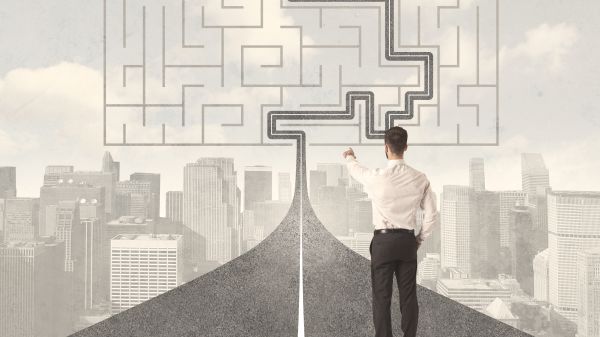As it is hard to believe that innovation can be stimulated by rigid hierarchy, orders and coercion, let’s mention just a few other types of ingredients. First of all, inspiring visions, translated into objectives which motivate people can generate passion and positive energy.”One computer on every desk in every home” (Bill Gates and Paul Allen - 1977), the famous “I Have a Dream” (Martin Luther King - 1963), “delivering life changing experiences through technology” (Steve Jobs) are just a few powerful examples.
We should care about shared values, create awareness and consciously build a culture lived by everyone in the organization from the very beginning. Recruiting, developing people and teams should be based on these values and culture. In this way a strong feeling of belonging to something special can be created. Google, Ford, Microsoft, Apple, Cirque du Soleil, are some significant examples where performance is related to strong shared values and culture.
Understanding, learning and living the principles of leadership behavior are also an important factor in attracting and motivating people, in making the company a great place to work. A few examples:
- To win the trust and respect of others through personal example;
- To take a personal interest in others by building relationships, knowing their strengths and weaknesses, their inner motivations, having the courage to expose ourselves, giving and asking for feedback, helping each other explore and realize our potential;
- To take away fear by encouraging open communication, risk taking and a healthy disrespect for hierarchy, recognizing mistakes and learning from failures;
- To ask results from others, by building self-respect and self-confidence (don’t humiliate people by asking less that they can give).
Despite the late start, there are companies in Romania which are learning fast and are building their successes on a solid foundation.GECAD Group, Bitdefender, Totalsoft, iQuest, Autonom are just a few of them.
Usually the so called “comfort zone” is not comfortable at all. There is routine, dissatisfaction, mediocrity, lack of motivation, tiredness, fear. I prefer to call it “cage”. People are not moving out from the “cage” because they are afraid. Outside it can be worse! Unfortunately too many people are staying prisoners in their “cage”, making compromises and giving up on their dreams.
Now, there is a really comfortable and dangerous “cage”. This is happening when we become prisoners of our own success. We discover that we are good, really good at something, we get results. We feel obviously good, we like the situation and we decide to stay there, in our golden “cage”. We stop looking for new things, we stop making new experiences. This may happen with people and companies. Quite often, sooner or later, the world is changing around us, we lose our curiosity, our ability to adapt and we find out that what we did well in the past is not serving us anymore. Other people and other organizations are disrupting us. Looking around, it is amazing to see how many very successful companies in the very recent past (like Nokia, BlackBerry, the whole financial sector) are struggling today for survival. In Romania, we have our own examples too.
What can we do? There are a few questions we can ask more often. Whom? First of all, of course, we should ask ourselves more often. Am I in a “cage”? What can I do? What do I want to do? What do I like to do?
Is it enough? Of course not, as we can easily cheat ourselves. We should ask our close friends, our “pillars of trust”. Do we have our “pillars of trust”? How many of them are in our organization? How often are we asking them for feedback? Identifying, developing our “pillars of trust” is one of the fundamental tasks in personal development.
People are quite often complaining that there is not enough time. For them I propose another question. Assuming we all have a list with our priorities, where do we find ourselves on this list? Where are you on your own list?
If the answers are sending us a message, we must assume personal responsibility and step out of our “cage”, as individuals or organizations. We have to assess and to accept the current situation as it “IS”. Then we need the ability to imagine a desired “SHOULD” situation, to build a vision of the future. Our task is now to move from “IS” to “SHOULD”, to initiate and manage CHANGE.
Of course we have to prepare, we have to assume risks. We may even make mistakes. We have to stop trying to find other people and various reasons responsible for our failures and mistakes. I remember a close friend saying, quite often, “our understandable desire for innocence can result in impotence”. What can I do differently, starting today, in order to avoid the same mistake? – should be the first question to ask ourselves when failing. Keeping our reliable “pillars of trust” close is making the difference.
In Romania, Bitdefender, iQuest, Elefant.ro, Cegeka, Autonom, are examples of companies trying to act as “chance thinkers” and to grow by continuously reinventing themselves.


































